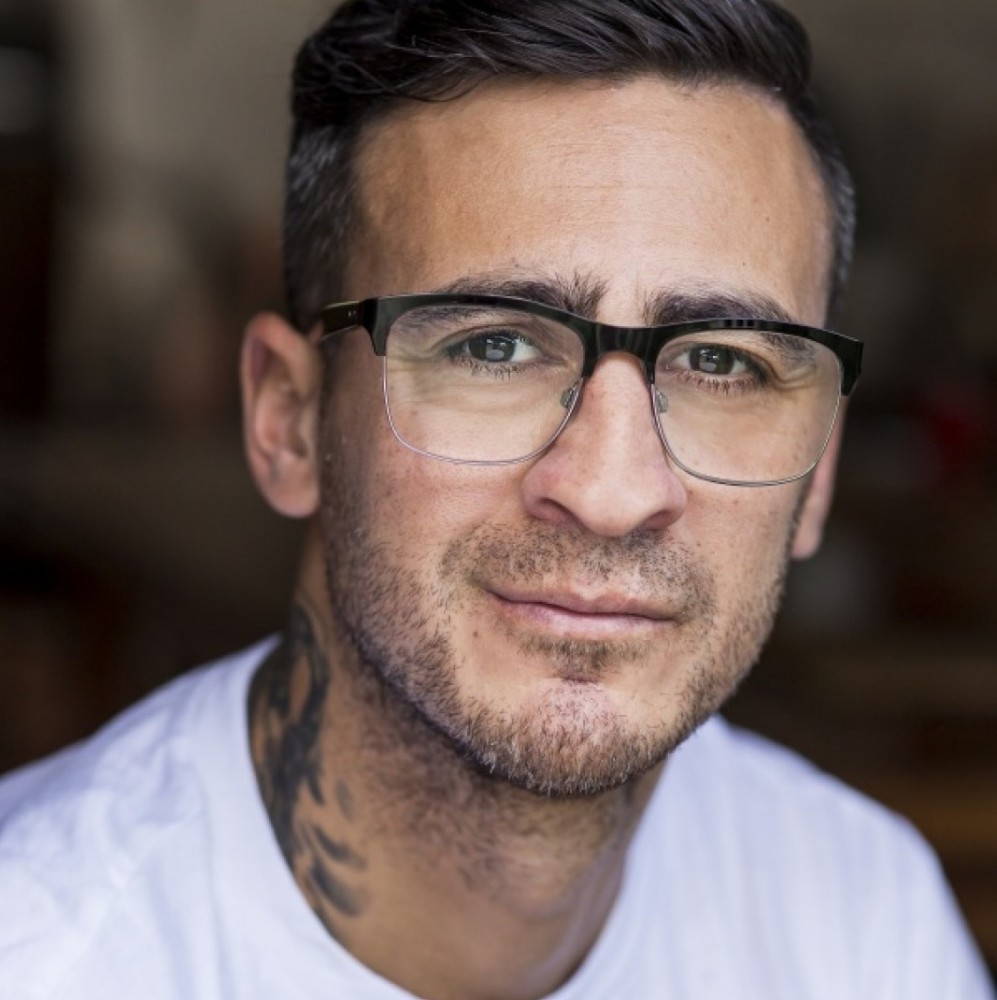On the face of it, humour and mental illness seem to have little in common. However, combined in the right way they provide a unique approach to sharing positive messages and stories about mental distress.
When the Mental Health Foundation’s Open Minds project was looking for ways to explain how to support a person experiencing mental distress in the workplace – it chose humour.
Comedian, writer, actor and director Cori Gonzalez-Macuer, in association with Attitude Pictures Ltd, was invited to help produce two role plays and he could not have been a better choice.
Using all of his creative skills, the What We Do in the Shadows star also had his own personal experiences to draw on when developing the scripts.
Comedian, writer, actor and director Cori Gonzalez-Macuer, in association with Attitude Pictures Ltd, was invited to help produce two role plays and he could not have been a better choice.
Using all of his creative skills, the What We Do in the Shadows star also had his own personal experiences to draw on when developing the scripts.

“I’d been doing a few bits and pieces with Attitude Pictures and general manager Tanya Black contacted me when this opportunity came up as she knew I would be supportive,” he says.
“I was drawn to making something that, as well as being funny [hopefully], also has a strong message.”
“I was drawn to making something that, as well as being funny [hopefully], also has a strong message.”
The pair worked on the resource together. Tanya tackled the serious material, while Cori wrote and added the comedy aspect.
“It was cool to see what we came up with, being acted out pretty convincingly by the cast.”
“It was cool to see what we came up with, being acted out pretty convincingly by the cast.”
Cori says mental health and depression are topics that hit quite close to home for many people in the performance industry, including a few of those involved in the Open Minds role plays.
“I've had stages in my life where I've been quite depressed.” he says. “Initially I couldn’t make sense out of it, I thought, ‘I can’t be depressed, I have nothing to be depressed about’. I thought I was getting better, but then I got worse.”
“I've had stages in my life where I've been quite depressed.” he says. “Initially I couldn’t make sense out of it, I thought, ‘I can’t be depressed, I have nothing to be depressed about’. I thought I was getting better, but then I got worse.”
In the last three to four years Cori’s figured out that talking to people is the best thing to do.
“Talking to someone might seem like a struggle at first, but once you do, you'll be a lot better off for it. Friends, my dad and my partner Anna definitely helped a lot.”
For the last couple of years, he’s given talks where he’s spoken about his experiences. “It’s tough but once you get out there and do it, it is very rewarding.”
“Talking to someone might seem like a struggle at first, but once you do, you'll be a lot better off for it. Friends, my dad and my partner Anna definitely helped a lot.”
For the last couple of years, he’s given talks where he’s spoken about his experiences. “It’s tough but once you get out there and do it, it is very rewarding.”
